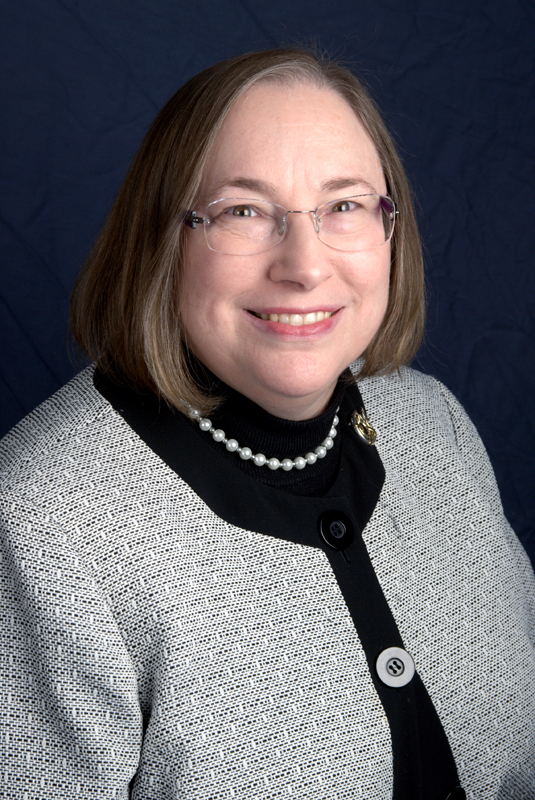Long before the ordination of Sally Priesand, there were men and women advocating for the right of women to be rabbis. None were more dogged than the leaders of Women of Reform Judaism (WRJ), formerly National Federation of Temple Sisterhoods (NFTS). Beginning with its inception in 1913, NFTS sought the equality of women in Jewish life. The founding president, Carrie O. Simon, from Washington Hebrew Congregation, was among the most outspoken advocates for the ordination of women. As she traveled around the country speaking in congregations and establishing sisterhoods, she not only raised funds for the Hebrew Union College but also spoke out to change the policy of the College. The institution of Sisterhood Sabbaths around this time provided opportunities for women to lead worship, read Torah and preach from the bima, and exposed increasing numbers of Reform Jews to women as spiritual and ritual leaders. Such efforts laid the groundwork and helped generate the cultural shift that was necessary to alter the attitudes and change the policies of Reform institutions. Simon found a kindred spirit in Jane Evans, executive director of NFTS from 1933 to 1976, who carried on Simon’s campaign to seek the ordination of women. The issue attained national attention in the 1950’s when Paula Ackerman was tasked with serving Temple Beth Israel in Meridian, Mississippi after her husband, the congregation’s rabbi, passed away. Finding common cause with Rabbi Barnett Brickner, then president of the CCAR, the policy was considered once again by that body. The CCAR reaffirmed its position in support of the ordination of women, but in the absence of any female students at HUC-JIR, their deliberations were only theoretical. Evans brought her quest to the leadership of the UAHC in 1957, calling for the ordination of women in an address at the biennial assembly, to no avail. Frustrated by the lack of response from the male-dominated bodies of the Reform Movement, Evans placed the issue on the agenda of the NFTS 50th Anniversary biennial in 1963. After two years of planning, study and outreach, the policy was overwhelmingly adopted. In that resolution, the leaders of NFTS called for the ordination of women and demanded that the Reform institutions resolve the matter expeditiously. It took nearly another ten years, but finally, in 1972, Sally Priesand graduated and was ordained by HUC-JIR. The relentless determination of Carrie O. Simon, Jane Evans, and the thousands of sisterhood women they inspired, helped make that moment possible. Thank God for uncompromising women.
Related Posts

Continuing to Educate and Empower People Together

My Challah-Making Experience


